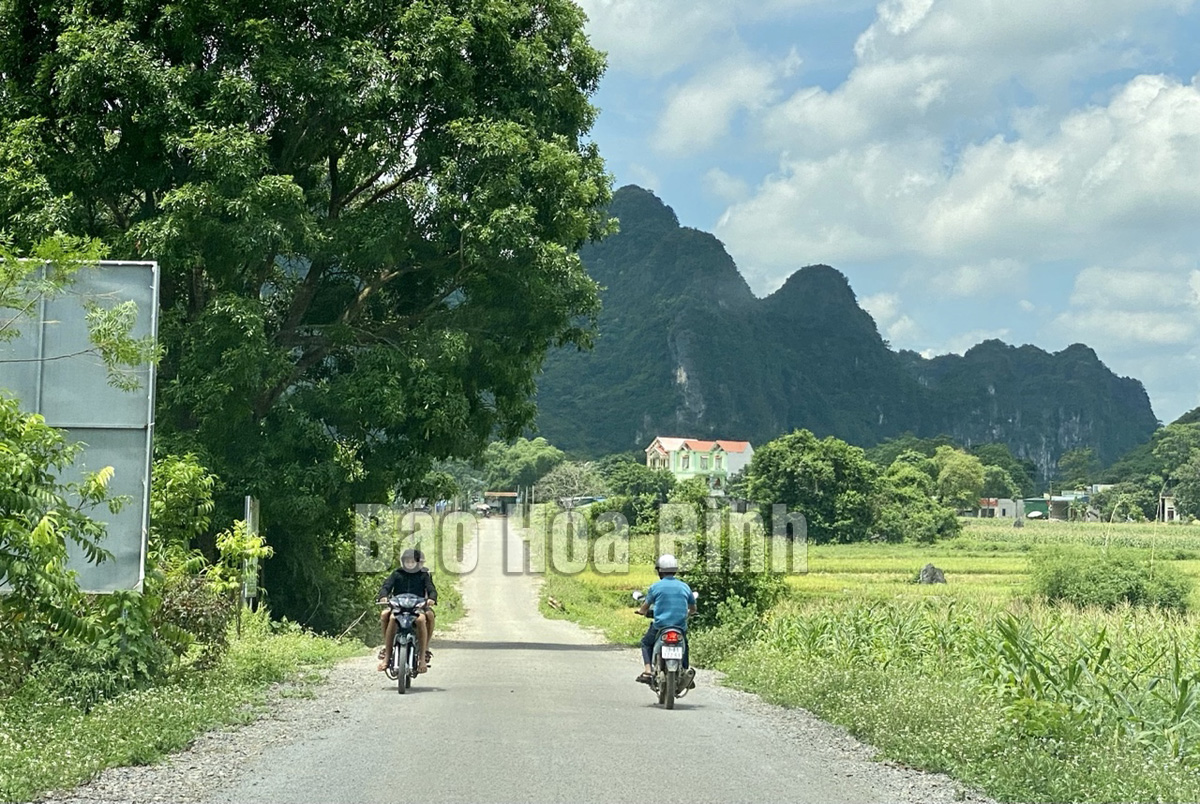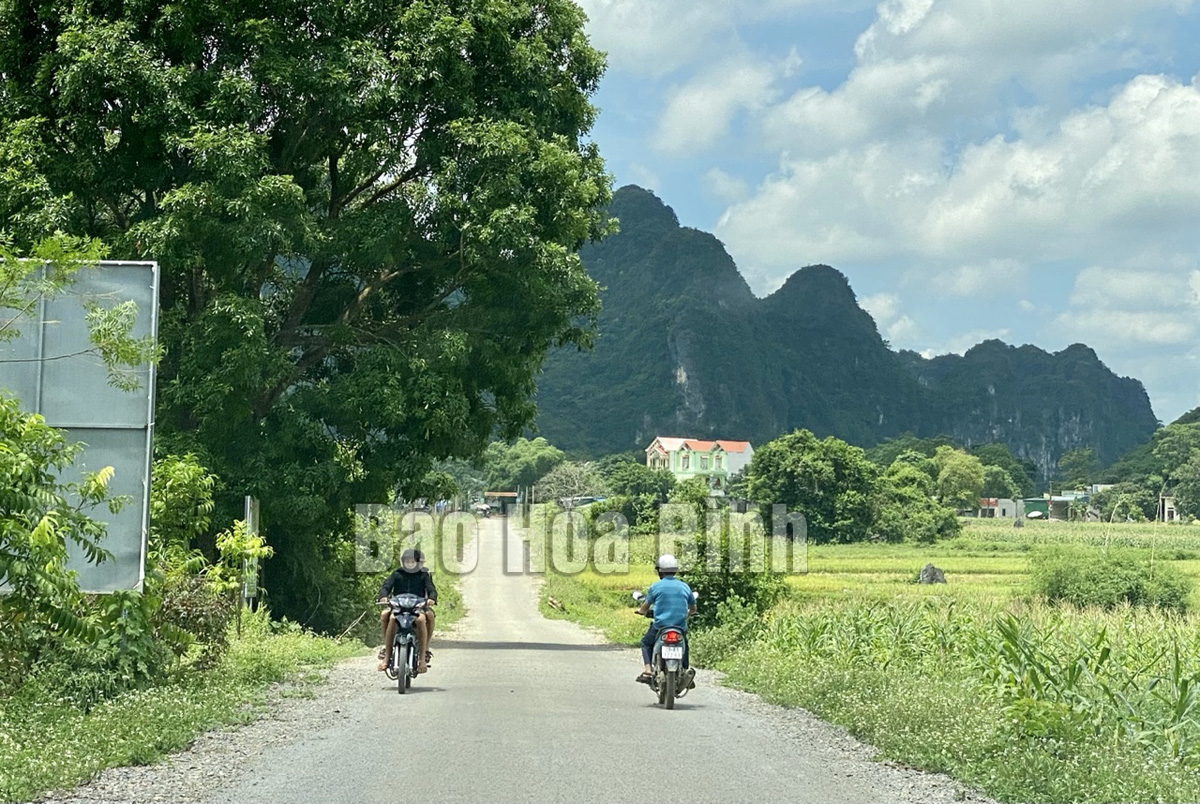
(HBO) – Yen Thuy district’s Lac Luong commune has been strengthening its steering committee for the "All people to unite to build a civilised life” movement while devising the committee’s operational mechanism and action plans relevant to the local situation.
The
movement calling for land donation to build inter-commune and inter-village
roads helps people in Lac Luong commune (Yen Thuy) travel more easily.
The commune has paid attention to raising
people’s awareness of the Party’s policies and State’s laws and campaign them
to adhere to these.
It has also encouraged people to engage in the
movement via various ways, for example, public loudspeaker communication,
cultural exchanges, music performances, and meeting of farmers, women, veterans
and youth’s unions. It has also honoured and awarded individuals and
organisations for their excellent performance in the movement.
Thanks to the acceleration of the movement, many
good examples and good deeds have been recognised across all areas, from
production, business to state management. Local people have enthusiastically
supported the movement "All people to unite to build new-style rural areas and
civilized cities, by donating land to build inter-commune roads in Luong Cao
and Quyet Thang residential zones. Many successful bussiness models have been
replicated, such as breeding goat farming, chicken farming in Luong Cao hamlet,
and beekeeping in Yen Tan hamlet.
From 2016 - 2020, the movement "All people to
unite to build a civilised life” have proved effective. By 2020, the commune
had 1,355 households recognised as civilised families, accounting for 92.36
percent of the total, 83 recognised as outstanding civilised families for three
consecutive years, accounting for 7.04 percent./.
With an increasingly vibrant and widespread emulation movement aimed at building cultured residential areas and cultured families, Yen Thuy District has been making steady progress toward improving both the material and spiritual well-being of its people, while fostering a civilized, prosperous, beautiful, and progressive community.
Once lacking recreational spaces and community facilities, Residential Group 2 in Quynh Lam Ward (Hoa Binh City) has recently received attention for the construction of a new, spacious, and fully equipped cultural house. The project followed the model of state support combined with public contributions in both labor and funding.
The "All people unite to build cultural life" movement, which has been effectively integrated with Kim Boi district’s socio-economic development goals, is fostering a lively spirit of emulation across local residential areas, hamlets, villages, public agencies, and enterprises. In addition, through the initiative, traditional cultural values are being preserved and promoted, while community solidarity and mutual support in poverty reduction and economic development are being strengthened.
A working delegation of the Hoa Binh provincial People’s Committee led by its Permanent Vice Chairman Nguyen Van Toan on June 11 inspected the progress of a project to build the Mo Muong Cultural Heritage Conservation Space linked to tourism services in Hop Phong commune, Cao Phong district.
Born and growing in the heroic land of Muong Dong, Dinh Thi Kieu Dung, a resident in Bo town of Kim Boi district, in her childhood was nurtured by the sweet lullabies of her grandmother and mother. These melodies deeply imprinted on her soul, becoming an inseparable part of her love for her ethnic group's culture. For over 20 years, this love for her hometown has driven Dung to research, collect, and pass down the cultural values of the Muong people to future generations.
In the final days of May, the Ethnic Art Troupe of Hoa Binh Province organized performances to serve the people in remote, mountainous, and particularly disadvantaged areas within the province. These were not just ordinary artistic shows, but they were the meaningful journeys aimed at spreading cultural values, enhancing the spiritual life of the people and contributing to the preservation of ethnic minority cultural identities.



